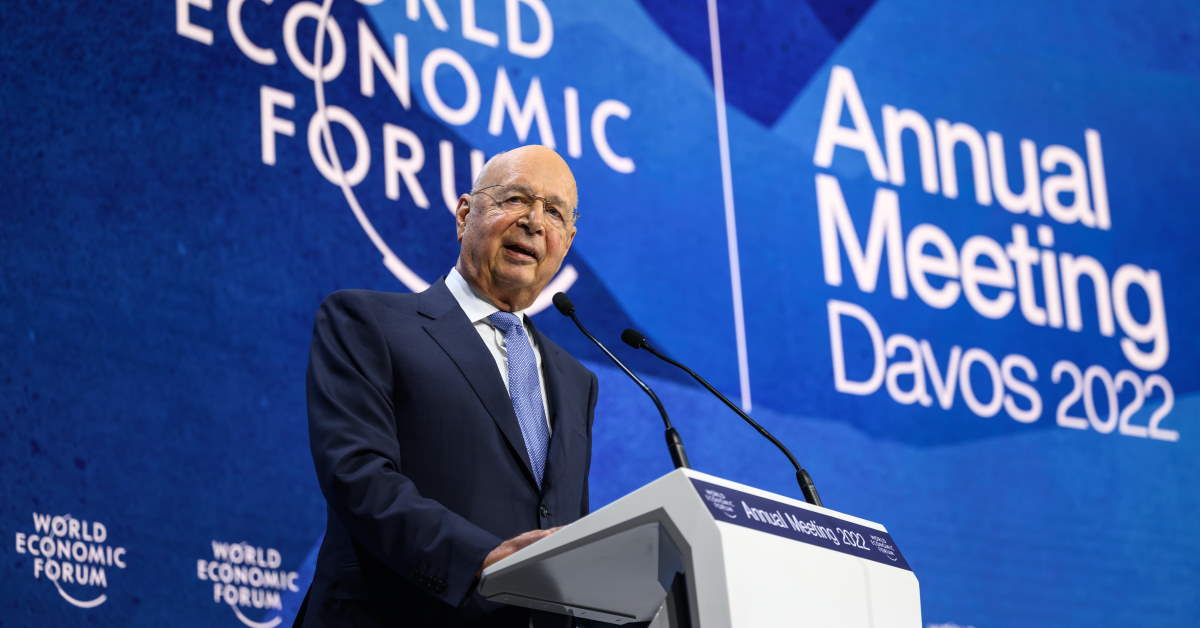The Association of Southeast Asian Nations (ASEAN) will play host to global leaders later this year with ASEAN Summits in Cambodia, the B20 and G20 Leaders’ Summit in Indonesia and the Asia-Pacific Economic Cooperation (APEC) Economic Leaders’ Meeting in Thailand, all happening back-to-back.
With the changing face of geopolitics and the global economy, these meetings and the preparations in the lead up, will shed light on where ASEAN stands in its on-going recovery efforts from COVID-19 and how it’s coping with the economic implications of global inflation and supply chain disruptions.
In addition (and perhaps more importantly) they will also reveal the state of affairs on regional collaboration, as well as its role in mediating between global powers to solve common challenges.
ASEAN Can Harness Collective Action
Although the region will be reluctant to cross certain boundaries or join any particular side – for instance against Russia, even though many countries in ASEAN have spoken out in support of Ukraine and the need for a peaceful resolution – in the face of dire consequences of inaction, many hope that Indonesia, Thailand and Cambodia can exercise leadership to find ways to bring key stakeholders together to solve some of the most urgent common challenges and restore faith in multilateral collaboration mechanisms.
In recent years, ASEAN has also experienced increased turmoil back home, with the crisis in Myanmar and continued political uncertainty in a number of its Member States. However, despite these challenges, the region’s unique geo-economic positioning, with strong ties to all major powers, together with the diversity in its economic make-up, enabling the bloc to advocate for both developed as well as developing economies, are some of the reasons why ASEAN can and should assume a greater role in the global stage at this critical turning point in history.
Spotlight On ASEAN
At the ongoing Annual Meeting 2022 of the World Economic Forum (WEF) in Davos, with over 50 heads of state/governments, 250 senior cabinet officials and 1,500 business leaders from the world’s key economies in attendance, all of these different dimensions will be examined.
Through sessions like “Strategic Outlook on ASEAN” and “Assessing the Role of the RCEP Trade Agreement,” stakeholders will be able to better understand the priorities and opportunities presented by the G20, APEC and ASEAN, as well as for the Regional Comprehensive Economic Partnership (RCEP), heading into the first five months of implementation, and identify ways to overcome potential challenges.
“A Digital ASEAN for All,” will enable participants to share examples of how digital transformation in their respective sectors have advanced resilience, sustainability and greater collaboration in the region and look into multi-stakeholder solutions to build on these to make sure Fourth Industrial Revolution (4IR) and inclusive digital transformation benefits all of ASEAN.
The next few months will be crucial for ASEAN and for the world. The window of opportunity closes in as we see fractures between nations further widen with challenges facing us growing by the day. ASEAN will be in the spotlight and it is up to not just the three chair governments, but for all of the region to seize this opportunity and show how “Unity in Diversity” can achieve steady and inclusive solutions – both for its own people and for the rest of the world.

